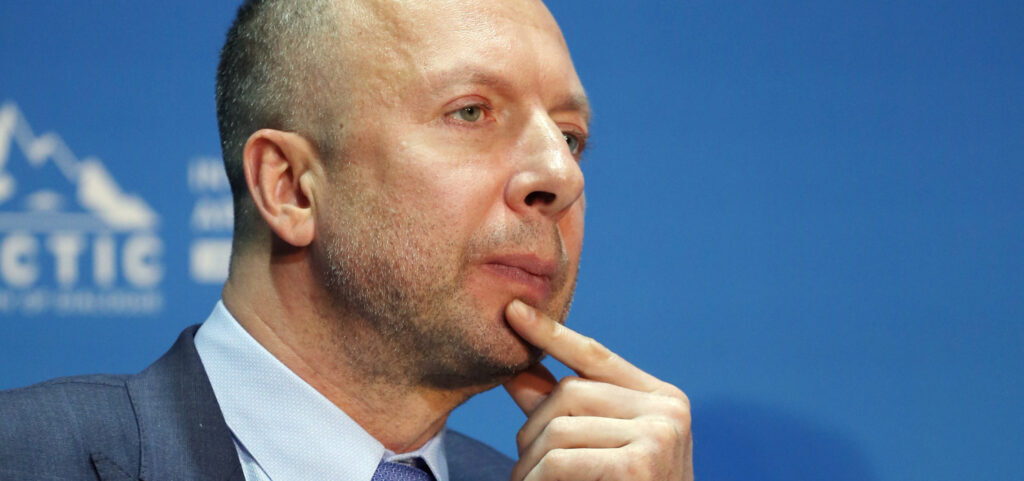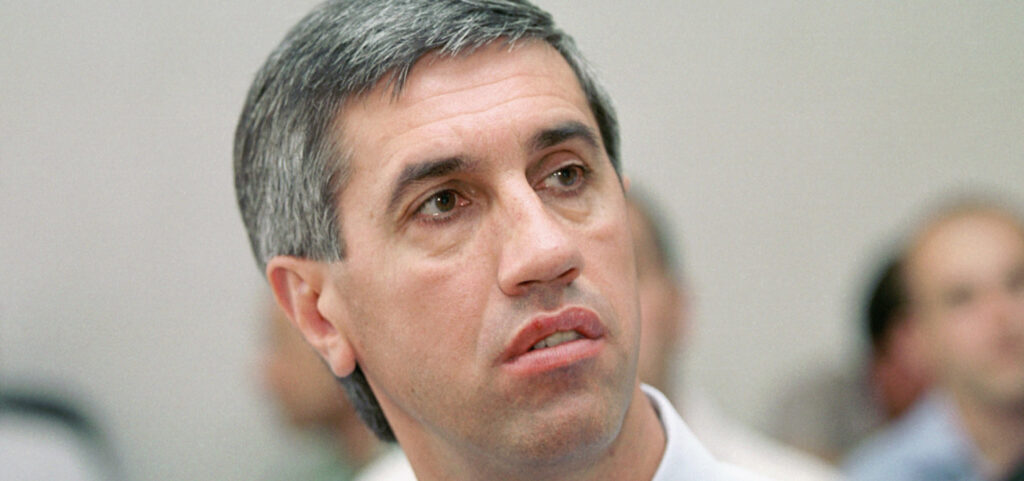
A coal billionaire commits suicide, his former partner with criminal ties gets arrested
As the coronavirus crisis rages, Russians are being distracted by events that seem taken straight from the turbulent 1990s. Billionaire Dmitry Bosov, who owned a stake in Russia’s largest aluminium plant, commited suicide Wednesday. The following day, another of the factory’s co-owners and a legendary figure from the bloody ‘aluminum wars’ of the 1990s, Anatoly Bykov, was arrested on 25-year-old murder charges.

- Bosov, 52, used a Glock pistol, a gift from officials in the un-recognized republic of Southern Ossetia, to shoot himself in his villa outside of Moscow. Investigators believe there was no foul play. Earlier this year, Forbes Magazine estimated Bosov to be worth $1.1 billion. His largest business was coal producer Sibantransit.
- In recent years, Bosov had fallen out with his partners and embarked on (Rus) a conflict with Eduard Khudainatov, a close associate of the powerful Igor Sechin, head of state-owned Rosneft. Khudainatov wanted to buy Sibantransit, but Bosov refused his offer and published an advertisement in several business newspapers that read “Sibantransit is not for sale”. In addition, there were criminal charges pending against one of Bosov’s companies, most of his major business projects had been frozen, and in the U.S. — where Bosov invested in the production of legal marijuana — a former manager was suing (Rus) him for $1 million for labor law violations.
- The final blow, according to those close to Bosov, was the coronavirus pandemic. The billionaire’s friends said he was a “very emotional person”, and had been deeply affected by the outbreak. Locked away in his villa for two months, an acquaintance told Forbes that Bosov “was always yelling: stay home or you will die.”
- While Bosov only became a billionaire in 2020, his career peaked in the 1990s. Back then, Bosov ran the Moscow subsidiary of international trader Trans World Group (TWG), which controlled half of Russia’s metals factories. Together with the founders of TWG — the Ruben brothers and the Cherney brothers — Bosov held 20 percent of Russia’s largest aluminum plant. In 2000, the shares were sold to billionaires Boris Berezovsky and Roman Abramovich for an undisclosed amount. Today, the factory is the prize asset of aluminium producer Rusal, which is owned by billionaire Oleg Deripaska. Rusal was valued at more than $20 billion in its 2010 IPO.

- The day after Bosov’s suicide — in an apparently unrelated turn of events — Bosov’s former partner Anatoly Bykov was arrested in the Siberian city of Krasnoyarsk. In the 1990s, Bykov was seen as the criminal boss ruling over the city’s aluminium factory, the biggest in Russia, in which he owned a 10 percent stake. A former PE teacher and boxer, Bykov built ties to local criminal groups that helped leverage his hold on the factory. For several years, he was the de facto ruler of the whole Krasnoyarsk region. Bosov later recalled (Rus) that one of Bykov’s criminal partners organized an assassination in 1995 targeting him and two other employees of TWG, future billionaires Vladimir Lisin and Deripaska. Grenade launchers were to be used to kill the three men, who were travelling together to a shareholder meeting — but Bykov had the attack called off at the last moment.
- In the early 2000s, Bykov’s influence was curtailed, and, in 2002, he was sentenced to 6.5 years in prison for ordering a contract killing (although he was freed in an amnesty). Bykov faces similar charges now: he is accused of ordering the 1994 murders of two mobsters unhappy with their share of the profits in a joint business.
- The new criminal case against Bykov is believed to be linked to his political ambitions. This year marks 15 years since Bykov’s last criminal charges, which means he is eligible to run for office. Indeed, he had already begun a campaign for a seat in the local parliament with slogans (Rus) accusing Moscow of acting like a colonialist slave owner in relation to the Krasnoyarsk region.
- Despite trying, journalists have not found any direct — or indirect — connections between Bosov’s suicide and Bykov’s arrest.
Why the world should care
The criminalization of the Russian economy in the 1990s is something the current elite would like ordinary people to forget. But the story of Bosov and Bykov shows it was not so long ago, and there remain many living witnesses.




